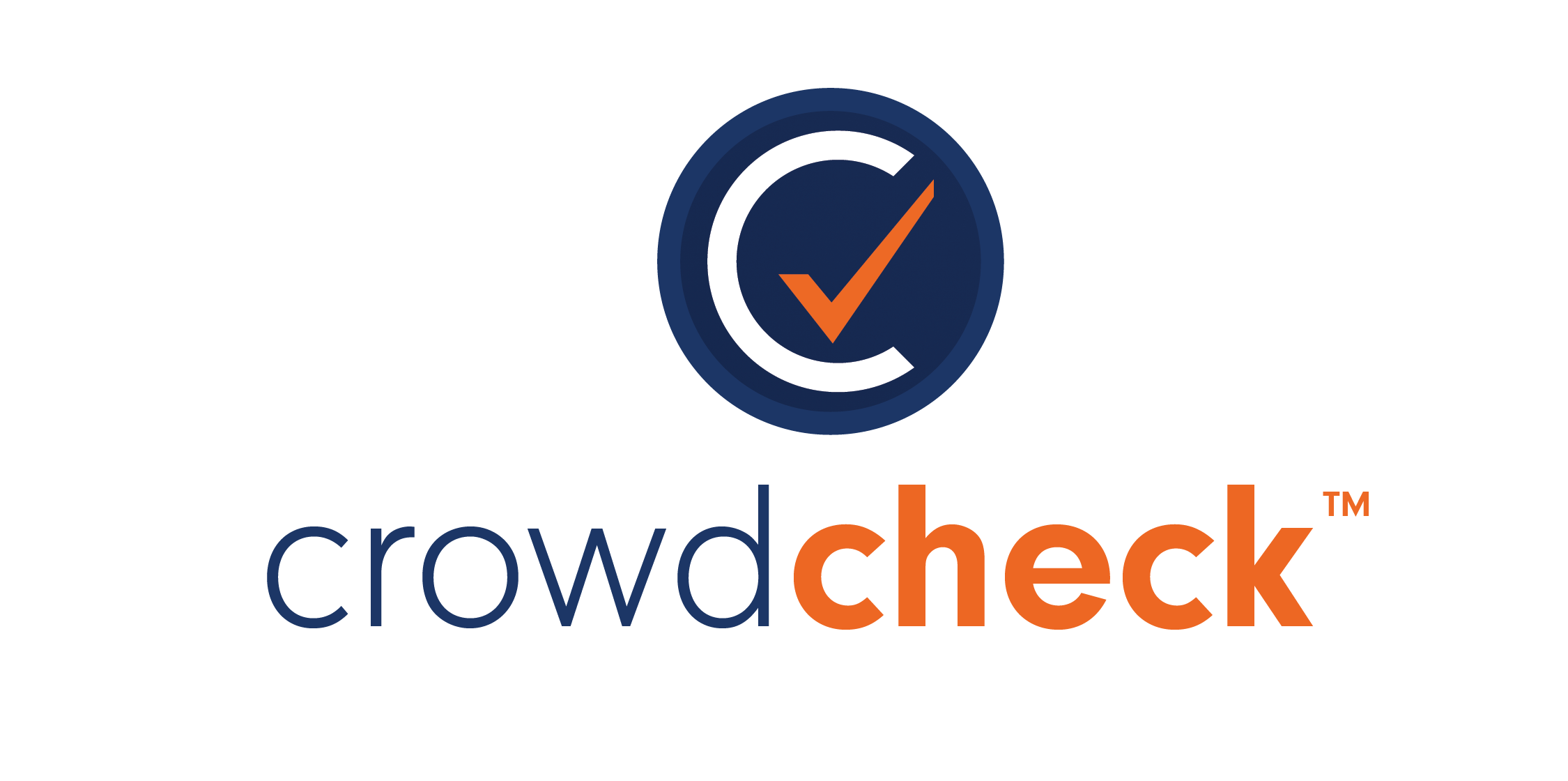Following the release of the “Simple Agreement for Future Tokens” or “SAFT” documentation by Protocol Labs and Cooley LLP, the possibility of doing blockchain token sales has been expanded to companies at even earlier stages of development. When selling a token, companies needed to have more architecture developed with respect to their platforms so that they could issue tokens with rights that corresponded to the operations of those platforms. With the SAFT, those companies can sell securities to investors on the promise that tokens will become available to those investors when the platform is operational and the token rights are known.
While the SAFT is not without its critics, like the Cardozo Blockchain Project, we want to highlight one important aspect of using SAFTs by companies – when it comes to securities laws, the sale of a SAFT is not a “pre-sale,” it is a sale of an investment contract which is itself a security.
As a security, the SAFT must be sold in a manner that complies with securities laws. Often this means relying on the exemption provided by Rule 506 of Regulation D for sales to accredited investors. If a company is looking to sell to non-accredited investors as well, Regulation Crowdfunding may be a way to do so. Public offerings, such as through a registered offering or an offering under Regulation A, might prove to be problematic (and expensive) due to the fact that if a company is selling SAFTs, it likely has limited business operations in place, making detailed disclosure of those business operations problematic.
Using SAFTs when the terms of the to-be-issued token are not defined can pose additional challenges for companies selling to non-accredited investors. Recall, under Section 12(g) of the Securities Exchange Act, any company with 2,000 holders of equity securities, no more than 500 of which can be non-accredited investors, is required to become an Exchange Act reporting company unless an exemption from reporting exists. Regulation A and Regulation Crowdfunding provide conditional exemptions from Exchange Act reporting. At the time the SAFT is issued, if the token that could be issued pursuant to the SAFT includes any rights traditionally associated with an equity security, the SAFT itself may be considered equity security under Rule 3a11-1 of the Securities Exchange Act since it would be convertible into a security that provides the rights associated with equity.
All of this is merely to point out that SAFTs are not fool-proof. Companies interested in SAFTs should still consult their own securities counsel to determine if a SAFT is the right way to go. Many companies may decide that if they are in need of early-stage financing, sales of debt or convertible debt may be a better option. Or that they are in position to issue preferred stock or tokens without relying on selling SAFTs. Those questions must be resolved on a case-by-case basis for each company interested in pursing a sale of tokens.
